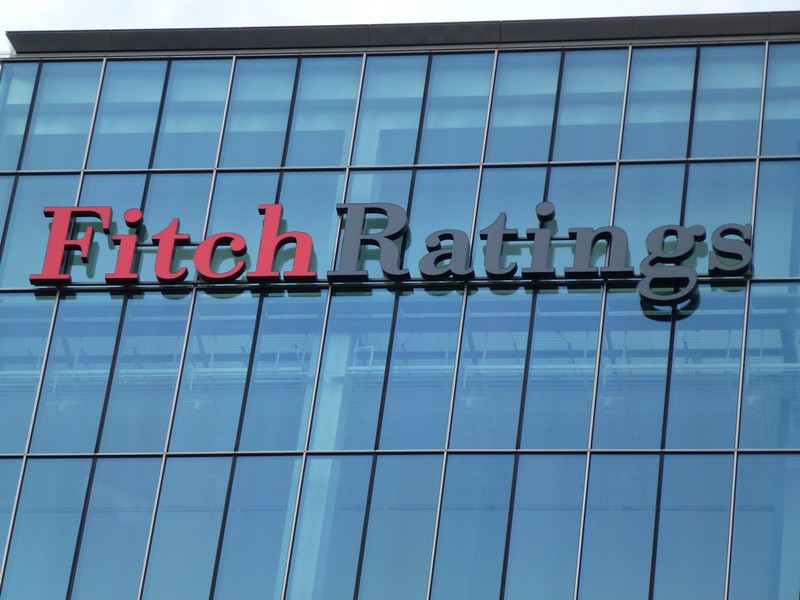
MANILA – Fitch Ratings affirmed five Philippine private banks’ long-term issuer default ratings after noting the government’s readiness to support the sector from the impact of the pandemic.
These banks are the Sy-led BDO Unibank, Inc. (BDO) at BBB- with stable outlook; Ayala-led Bank of the Philippine Islands (BPI) at BBB- with stable outlook; Ty-led Metropolitan Bank & Trust Company (Metrobank) at BBB- with stable outlook; Tan-led Philippine National Bank (PNB) at BB with stable outlook; and Sy-led China Banking Corporation (Chinabank) at BB+ with a negative outlook.
In a commentary dated October 12, the debt rater said these decisions “are driven by our expectations of extraordinary support from the sovereign”, citing that the stable outlook on four of these banks “mirrors that on the Philippines (BBB/Stable).”
It, on the other hand, said that standalone credit profiles of these financial institutions “continue to be under pressure amid the steep economic downturn.”
This risk, it said, is also the reason for the negative outlook on Chinabank.
The commentary said the domestic economy is severely affected by the pandemic as shown by the 9-percent contraction in the first half of the year, which, it said, is the worst in Southeast Asia.
Fitch Ratings forecasts an 8-percent contraction, as measured by gross domestic product (GDP), for the domestic economy this year but it projects a 9-percent recovery next year due in part to the base effect.
Both these figures are higher than the government’s -5.5 percent assumption for this year and the 6.5-7.5 percent growth target next year.
The debt rater said the decline in domestic consumption along with rising credit impairment “are turning banks’ operating environment more challenging.”
“Revenue tailwinds from aggressive monetary easing are also likely to dissipate by 2H20 (second half of 2020), and we see further asset-quality deterioration in 2021 after the debt moratorium lapses. Credit costs are likely to remain elevated in 2021 even as they decline from this year’s unusually high levels, which will exert continuing pressure on earnings and profitability,” it said.
It expects banks’ earnings to weaken as the financial institutions increase their provisioning “but the major banks have front-loaded such allowances in 2020 – a potential indication of a modest retracement in profitability in 2021 that should keep the banks’ CET1 ratios stable under our base case.”
“The ratings and outlooks on the five banks will continue to be sensitive to changes in their asset quality and appetite for risk amid the more challenging outlook. They will also be influenced by any changes in the sovereign rating and outlook on the Philippines, as the IDRs of four of them are support-driven,” it added.